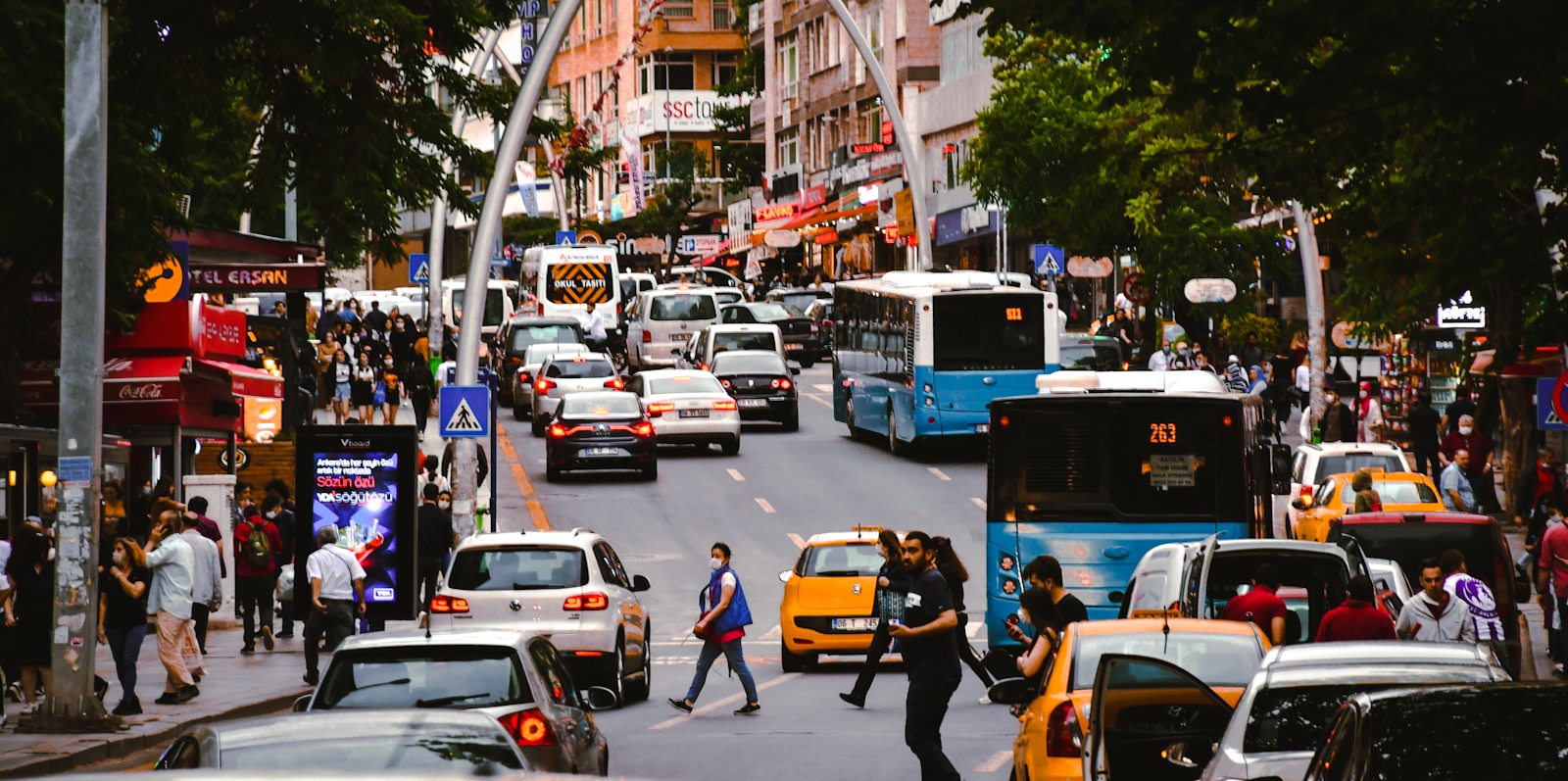A new study reveals how extreme car dependency in the United States contributes to unhappiness, highlighting the need for more sustainable and accessible urban transportation systems.
Key Points at a Glance
- Extreme car dependency in the U.S. is linked to reduced well-being and increased stress.
- Long commutes, high costs, and limited alternatives contribute to dissatisfaction.
- Walkable cities and improved public transit could alleviate the negative effects.
- The findings call for urban planning reforms to prioritize livability and sustainability.
A recent study has shed light on how America’s heavy reliance on cars is negatively affecting well-being. With long commutes, financial burdens, and limited alternatives, extreme car dependency is taking a toll on mental health, social connections, and overall happiness.
In many U.S. cities, cars are not just a convenience—they are a necessity. Suburban sprawl, inadequate public transportation, and car-centric infrastructure have made driving the primary mode of transportation for millions. However, this reliance comes with hidden costs.
Long commutes are among the primary culprits. Americans spend an average of nearly an hour each day commuting, with many enduring much longer drives. These extended periods in traffic contribute to stress, frustration, and a sense of lost time, leaving commuters with less energy and time for social activities or relaxation.
The financial strain is another significant factor. Between car payments, insurance, fuel, and maintenance, the costs of owning and operating a vehicle can be overwhelming, particularly for low- and middle-income families. These expenses exacerbate financial stress, further impacting overall well-being.
The lack of viable alternatives compounds the issue. Public transportation is underfunded and often unreliable in many areas, while walkable or bike-friendly infrastructure remains scarce. This leaves individuals with few options, perpetuating the cycle of car dependency.
Experts suggest that improving public transportation, creating walkable communities, and investing in alternative mobility solutions like cycling paths and shared e-scooters could help reduce these negative impacts. Urban planning reforms that prioritize sustainability and livability over car-centric development could transform how Americans navigate their cities, ultimately improving quality of life.
The findings emphasize the importance of rethinking urban transportation systems to create more equitable, sustainable, and satisfying living environments. By addressing extreme car dependency, cities have the opportunity to enhance not just mobility but also the well-being of their residents.
